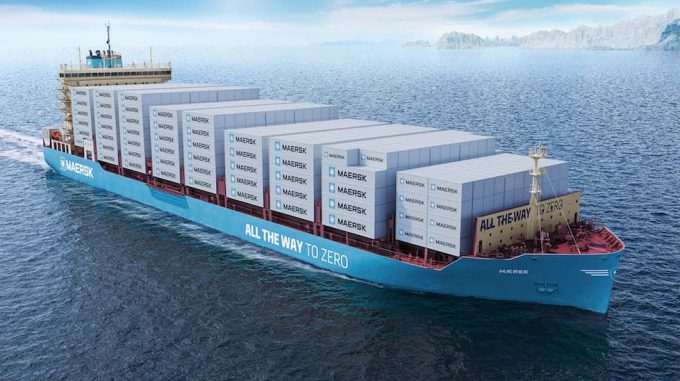Hutchison megadeal reveals dark side of container shipping
What money cannot buy

Green reports and initiatives reveal the need for leadership during the maritime transition to climate-friendly fuels and operations.
Yesterday the International Maritime Organization released a report by Ricardo and class society DNV on the Future Fuel Technology project, due to be discussed, at July’s environment subcommittee.
The report concludes that 100% decarbonisation is possible by 2050 for the maritime sector, and adds: “The feasibility of these decarbonisation scenarios, and particularly the most ambitious pathways, requires an early clarification of further policy targets ...
Amazon pushes into LTL for small package fulfilment and UPS does a u-turn
New senior management for DSV as it readies for DB Schenker takeover
Volumes set to 'fall off a cliff' as US firms hit the brakes on sourcing and bookings
Asian exporters scramble for ships and boxes to beat 90-day tariff pause
Temporary tariff relief brings on early transpacific peak season
'Tariff madness' will prompt renegotiation of ocean shipping contracts
Response to tariffs by Chinese importers may see extra costs for US shippers
Forwarders 'allowing the fox into the chicken run' by supporting 'hungry' carriers

Comment on this article